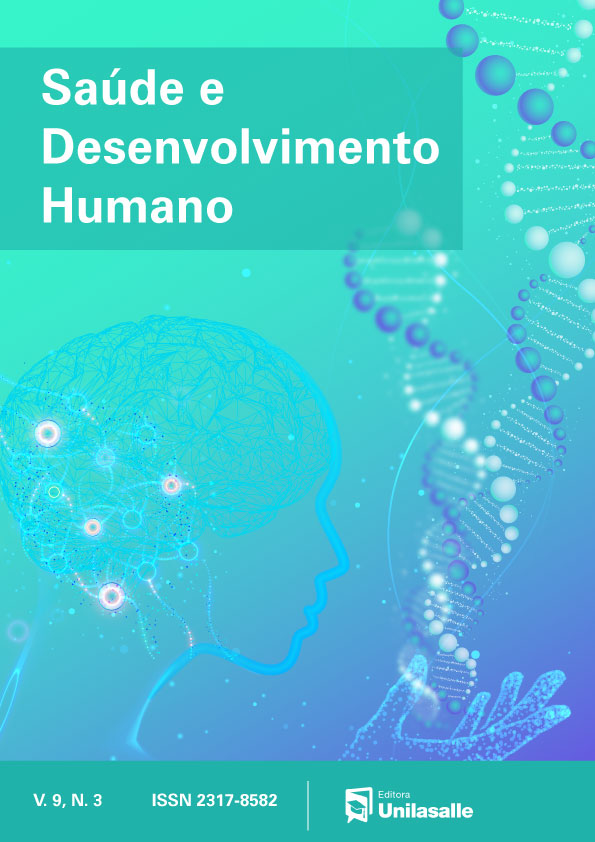The Beliefs of Mental Health Professionals About the Sexuality of People with Mental Disorders
DOI:
https://doi.org/10.18316/sdh.v9i3.7754Keywords:
Sexuality, Mental Health, Mental DisordersAbstract
Objective: This study investigated the beliefs of professionals with higher education degrees who work with mental health, about the sexuality of people with severe mental disorders.
Materials and Methods: Fifty-nine professionals participated in this quantitative survey, carried out from the application of questionnaires and psychometric scales through an online platform. Descriptive statistics, t-tests and Pearson’s correlation coefficient were carried out.
Results and discussion: Professionals who have been working with mental health for longer expressed more negative beliefs about the sexuality of people with mental disorders. It is believed that these professionals who experienced the hospital-centered model, still have in their beliefs remnants of what they saw in psychiatric hospitals. The violence and violations of rights that people lived in asylums provoked the expression of sexuality as something aggressive, uncontrolled and pathological. No significant correlations were observed between sexual conservatism and prejudice against sexual and gender diversity, and the beliefs about how people with severe disorders experience sexuality or about how society judges the sexual dimension of this population.
Conclusion: This scenario points to the need to invest in permanent education in the context of social work, to address the challenges related to sexuality.
Downloads
Published
Issue
Section
License
Authors who submit their manuscripts to be published in this journal agree to the following terms:
- Authors retain copyright and grant the journal right of first publication with the work simultaneously licensed under the Creative Commons Attribution License that allows the sharing of work and recognition of its initial publication in this journal.
- By virtue of the articles appearing in this open access journal, articles are free to use, with proper attribution, in educational and non-commercia.


